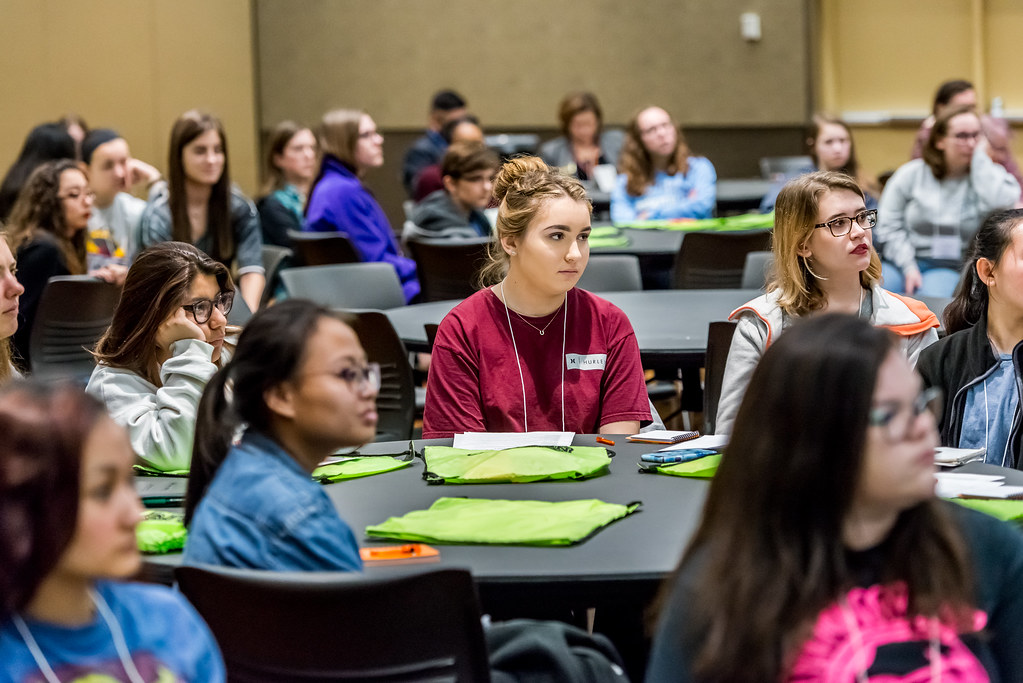Peter Tatchell highlights why political, religious and cultural sensitivities should not be allowed to thwart effective sex education in every school.
Ahead of the new relationship and sex education (RSE) guidelines for schools, planned for 2020, we are urging the Education Secretary, Damian Hinds to undertake a further review of the content, in order to ensure the sexual and emotional health and happiness of pupils.
In a letter from our Foundation, co-signed by actor Stephen Fry and educational campaigners, we have called for this urgent review and set out how it can be achieved through a 15-point proposal.
We are proposing a restricted parental opt out, the promotion of safer alternatives to intercourse, and overcoming sex shame to tackle abuse. As well as warning pupils about the risks of sex, lessons should also inform older pupils about sexual pleasure and how to achieve it for both themselves and a partner, with the aim of helping them secure mutual sexual happiness.
Schools should teach that heterosexuality, homosexuality and bisexuality are equally valid. We suggest a simple three-point ethical framework for RSE: mutual consent, respect and fulfilment. Our goal is to ensure that pupils leave school emotionally and sexually literate and are able to enjoy fulfilling, caring and enduring relationships.
Millions of young people enter adulthood emotionally and sexually illiterate. Many subsequently endure disordered relationships, ranging from unfulfilling to outright abusive.
The result? Much unhappiness – and sometimes mental and physical ill-health.
The lack of effective RSE in many schools is part of the problem. It is sometimes vague and euphemistic, and includes too little detail and not enough explicitness to be of much practical benefit.
A lot of current RSE concentrates on the biological facts of reproduction. Relatively little teaching is actually about sex – or relationships.
It frequently starts too late; after many young people have become sexually active and adopted bad habits such as unsafe sex. And it often does not adequately address issues of consent, grooming, abuse, internet safety, sexting and pornography.
While RSE should not encourage early sex (it is best if young people wait), it should prepare them for a satisfying, safe adult sexual and emotional life.
In the past Ofsted has said the amount of time spent on RSE in schools is inadequate and that much of it is poor quality.
Studies have noted that young people often say the relationship and sex education they receive falls far short of what they would like and need.
What, then, needs to change in order to make RSE more effective?
Young people’s health and welfare must take priority over squeamishness and embarrassment about sex. Political, religious and cultural sensitivities cannot be allowed to thwart mandatory age-appropriate RSE in every school, from the first year of primary education onwards.
We agree with the government’s differentiation between RSE at primary level and RSE for secondary pupils.
Broadly speaking, we believe that RSE at primary level should focus on physical changes at puberty, relationships, diverse families and advice about inappropriate touching, grooming and the importance of reporting sex abuse.
Specific sex education should begin from the first year of secondary school and become explicit from the age of 16 – not in order to promote sex, but to ensure happy and safe sexual and emotional relations for those teenagers who become sexually active.
These lessons should not be left to the goodwill of untrained individual school staff, but designated RSE teachers should be appointed in every school and receive government-funded specialist training.
Young people are saying they want earlier, more detailed and frank RSE lessons. We need to listen to their concerns and needs, to protect them and their partners.
The Education Secretary needs to ensure that our proposals, deriving from the expressed wishes of present and past pupils for much improved RSE lessons, are a statutory requirement in all schools (including faith and independent schools) and are LGBT+ inclusive.
Peter Tatchell Foundation’s 15-points:
These are the 15 points proposed by the Peter Tatchell Foundation, outlining what should be taught in schools, at age-appropriate stages, to improve relationship and sex education. For details on each of the points and to read the letter sent to the Education Secretary in full, visit petertatchellfoundation.org
1 Mandatory Lessons In Every School
2 Restricted Parental Opt Out
3 Education From The First Year Of Primary School
4 Sex Is Good For You
5 Overcoming Sex Shame To Tackle Abuse
6 How To Have Sexual Fulfilment
7 New Ethical Framework: Mutual Consent, Respect & Fulfilment
8 Promoting Safer Alternatives: Oral Sex & Mutual Masturbation
9 Sexual Rights Are Human Rights
10 Hetero, Homo and Bi Are Equally Valid
11 The Right To Sexual Self-Determination
12 Live & Let Live
13 Advice on internet safety
14 Respect For Sexual Diversity
15 Give Pupils All The Facts















